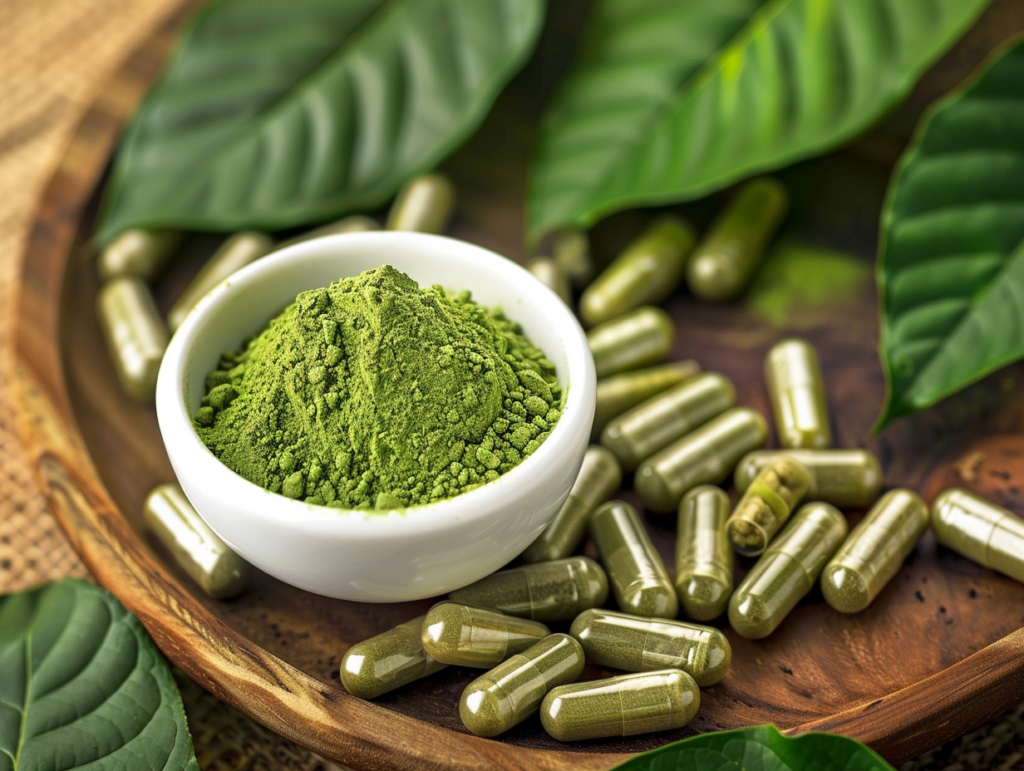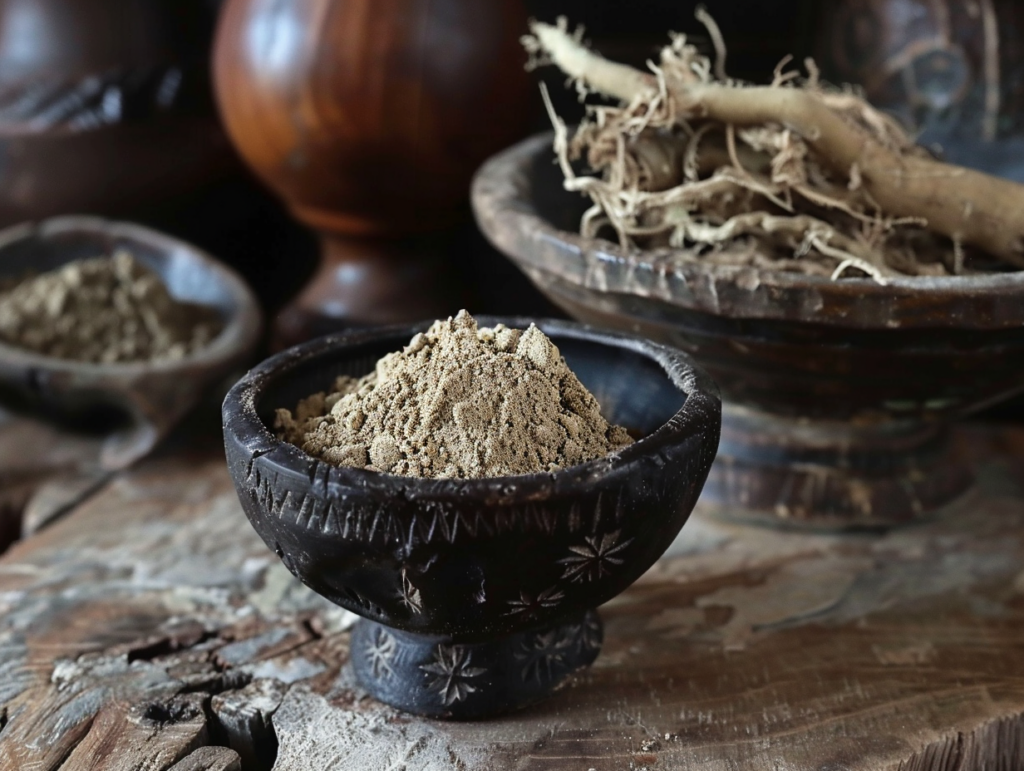It seems like America is being overrun with quazi-legal alternative drugs and hemp products designed to get around federal cannabis prohibition laws. Where does this leave people in recovery though? Is it safe for someone recovering from alcohol addiction to go to a kava bar? Can recovering opioid addicts use kratom without consequences?
This Redemption Recovery article attempts to answer difficult questions about using kratom, kava, or other “legal high” drugs while in recovery.
What is Kratom?

Kratom is a tropical evergreen tree native to Southeast Asia. Kratom leaves have been used for centuries by people in this part of the world for their mild stimulant effects at low doses, and sedative, pain-relieving, and euphoric effects at higher doses.
The active ingredients in kratom are the alkaloids mitragynine and 7-hydroxymitragynine. These chemicals interact with opioid receptors in the brain, leading to effects that vary depending on the dose. At higher doses, kratom can create some opioid-like effects
People in the U.S. usually take kratom in a capsule form, but sometimes make tea. Kratom has a very unpleasant taste that makes many people nauseous.
Is Kratom an Opioid?
Kratom is not an opioid, but it can affect some of the same receptors in the brain that opioids like heroin and oxycodone do, so it can create opioid-like effects.
What is Kava?

Kava is a plant that grows in the Pacific Islands. Indigenous peoples have used kava-laced beverages for hundreds of years. Kava’s active ingredients that create its effects are called kavalactones, and they are mostly found in the roots of the kava plant.
Drinking kava produces anxiety-reducing, and muscle relaxant effects. The kava root is ground into a powder and mixed with water.
Kava has a bitter taste and can upset the stomach. “Kava bars” which serve the drink often have bowls of candy at the ready to help kava drinkers get the taste out of their mouth quickly. Kava has been found to have some beneficial effects, but can also be toxic to the liver.
Is Kava a Benzo?
The active ingredients in kava, called kavalactones are not benzos. Kava’s ingredients do affect the brain’s GABA (gamma-aminobutyric acid) receptors though, which is also how benzos work. This is also why kava can have somewhat similar effects to a benzodiazepine.
Why Someone in Recovery Shouldn’t Use Kava or Kratom
This is a fair question. People who are new to recovery especially, may be tempted by anything that seems to promise a “workaround” to the rules or an allegedly harmless way to catch a mild buzz. There are several problems with this, however.
- The principal idea of recovery is to stay sober. Ingesting any mind or mood-altering substance to get high, however mild, goes against this. Even if you imagine a substance like kratom or kava is harmless — it is not. These are drugs. The fact that they are legal doesn’t mean they are safe. Especially not for someone in recovery.
- Getting into the habit of using any substance to change the way you feel is exactly the opposite of what someone in recovery should be trying to do. Not only can this keep you from facing and overcoming obstacles and issues — but it also reinforces drug-seeking behavior. Believe it or not, taking kava or kratom brings you one step closer to picking up your drug of choice again.
- Finally, the idea that kava or kratom are “harmless” is nonsense. While these drugs may not be as powerful as pharmaceutical drugs or heroin — they still have real potential for abuse and dependency. The fact they are natural doesn’t make them safe either. Opium is natural. So are cyanide and arsenic. Both kratom and kava are toxic to the liver and chronic use can cause digestive problems and other issues.
Remember Why You’re in Recovery
The best advice we can give to any recovering person thinking about using kratom or kava is this: Remember why you entered recovery in the first place. You likely found yourself in a desperate place. You felt like you no longer had control over your life and behavior. A drug became more important than anything else.
Addiction is cruel and it is sneaky. It is a monster you can never turn your back on, no matter how many years of sobriety you put together. Using kava, kratom, a THC product or anything else designed to get you high is a mistake. Thinking about kava or kratom doesn’t make you a bad person, it doesn’t mean your recovery isn’t good. But it is your disease whispering in your ear — never forget that.
Redemption Recovery: Decide, Act and Recover
Recovery begins with a decision — but that decision must be followed by action. You must find your recovery, recovery will not find you. The good news is that there are millions of people who have successfully recovered from addiction at addiction treatment centers and help is just a phone call away. Reach out to us at (419) 528-8007 or a free addiction hotline and take the first step in your recovery journey.





